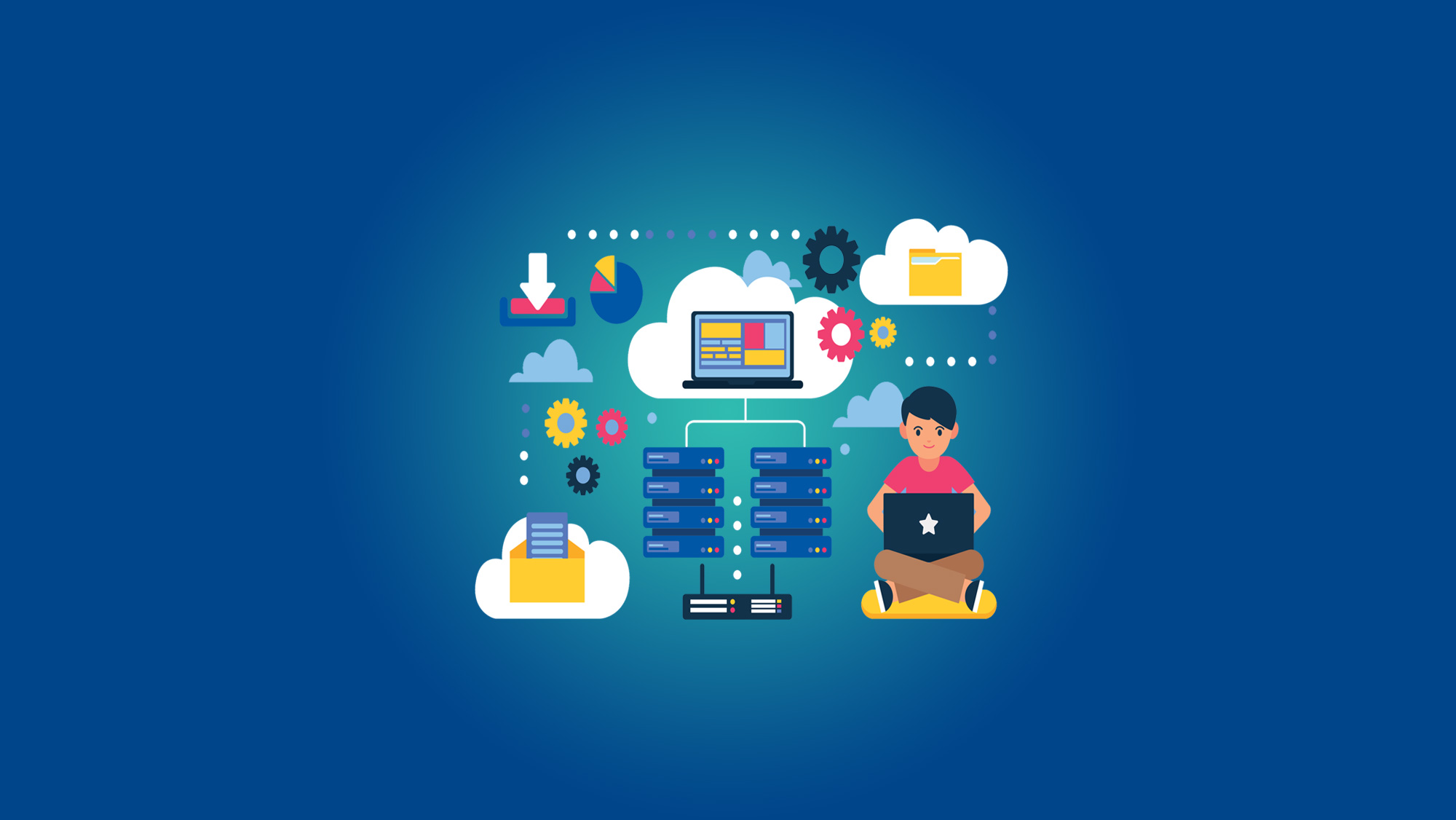Accelerate Your Research with Python for Scientific Computing Training
Introduction:
In the realm of scientific research, the ability to analyze data efficiently and extract meaningful insights is crucial. Python, a versatile and powerful programming language, has emerged as a go-to tool for scientific computing. Its vast array of libraries, tools, and frameworks enables researchers to accelerate their research and gain a competitive edge. In this blog, we will explore how Python for scientific computing training can supercharge your research endeavors and help you achieve breakthrough results.
1. The Advantages of Python for Scientific Computing:
We'll start by highlighting the key advantages of using Python for scientific computing. Python's simplicity, readability, and extensive library ecosystem make it an ideal choice for researchers. We'll discuss how Python's flexibility allows scientists to handle diverse data types, perform complex computations, and implement sophisticated algorithms with ease.
2. Essential Python Libraries for Scientific Computing:
Python offers a rich collection of libraries specifically designed for scientific computing. We'll delve into some essential libraries such as NumPy, SciPy, and pandas, exploring their capabilities and how they enhance data manipulation, statistical analysis, optimization, and numerical computations. We'll showcase examples to illustrate how these libraries can accelerate your research workflows.
3. Data Visualization and Communication:
Effective visualization and communication of research findings are vital. We'll explore Python libraries like Matplotlib and Seaborn that facilitate the creation of stunning visual representations of data. From simple plots to complex visualizations, Python enables researchers to present their findings in a compelling and accessible manner, aiding collaboration and knowledge dissemination.
4. Machine Learning and Artificial Intelligence:
Python's popularity in the field of machine learning and artificial intelligence (AI) is skyrocketing. We'll discuss popular libraries like scikit-learn and TensorFlow that empower researchers to apply machine learning techniques to their data. From classification and regression to deep learning and neural networks, Python's libraries provide powerful tools to extract insights and make predictions.
5. High-Performance Computing with Python:
To tackle computationally intensive tasks, Python offers solutions for high-performance computing. We'll explore libraries like NumPy, Cython, and parallel computing frameworks such as Dask and PySpark. These tools allow researchers to leverage multiple processors, distributed systems, and GPUs, significantly accelerating computations and enabling scalability.
6. Reproducible Research and Collaboration:
Reproducibility and collaboration are essential aspects of scientific research. We'll discuss tools like Jupyter Notebooks and version control systems like Git that facilitate reproducible research and foster collaboration among researchers. We'll explore how Python integrates with these tools, enabling researchers to document their work, share code, and collaborate effectively.
7. Resources and Training for Python in Scientific Computing:
We'll provide guidance on how to get started with Python for scientific computing training. We'll highlight online courses, tutorials, and resources that can help researchers enhance their Python skills and stay up-to-date with the latest developments. Whether you're a beginner or an experienced researcher, we'll point you towards valuable learning opportunities to accelerate your research journey.
Conclusion:
Python for scientific computing training offers a transformative opportunity for researchers to accelerate their work and achieve breakthroughs in their respective fields. By harnessing the power of Python's libraries, researchers can efficiently analyze data, build models, visualize results, and collaborate effectively. Whether you're in academia, industry, or government research, investing in Python for scientific computing training can propel your research forward and unlock new possibilities. So, accelerate your research journey with Python and witness the impact it can have on your scientific endeavors.
You May Also Like
These Related Stories

Maximize Your Data Potential: QlikView Training for Business Success

Optimize Your SCM: Unlocking Success through Oracle SCM Training




No Comments Yet
Let us know what you think